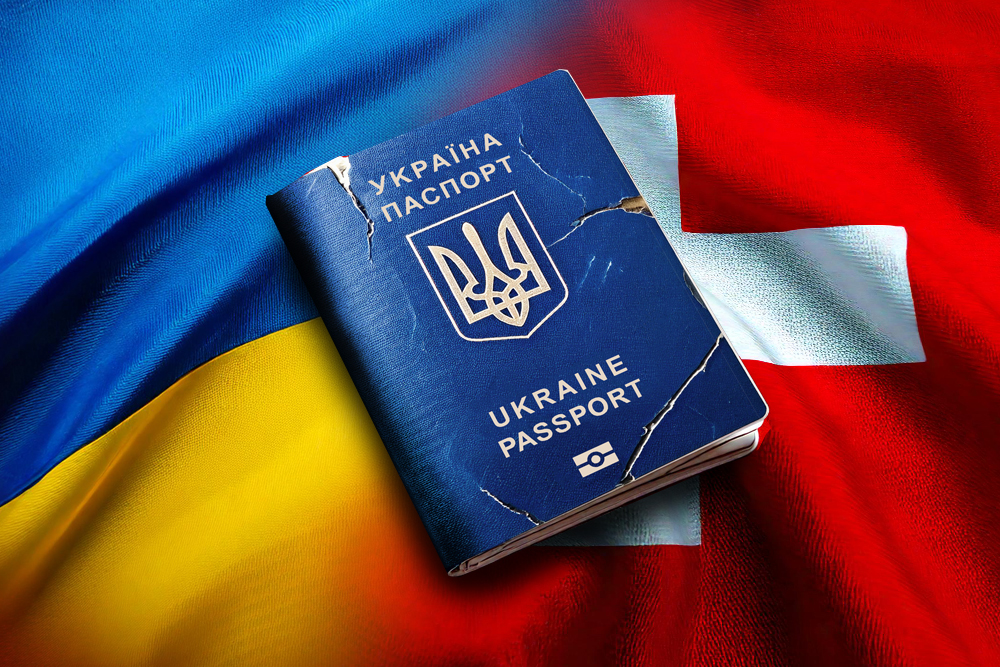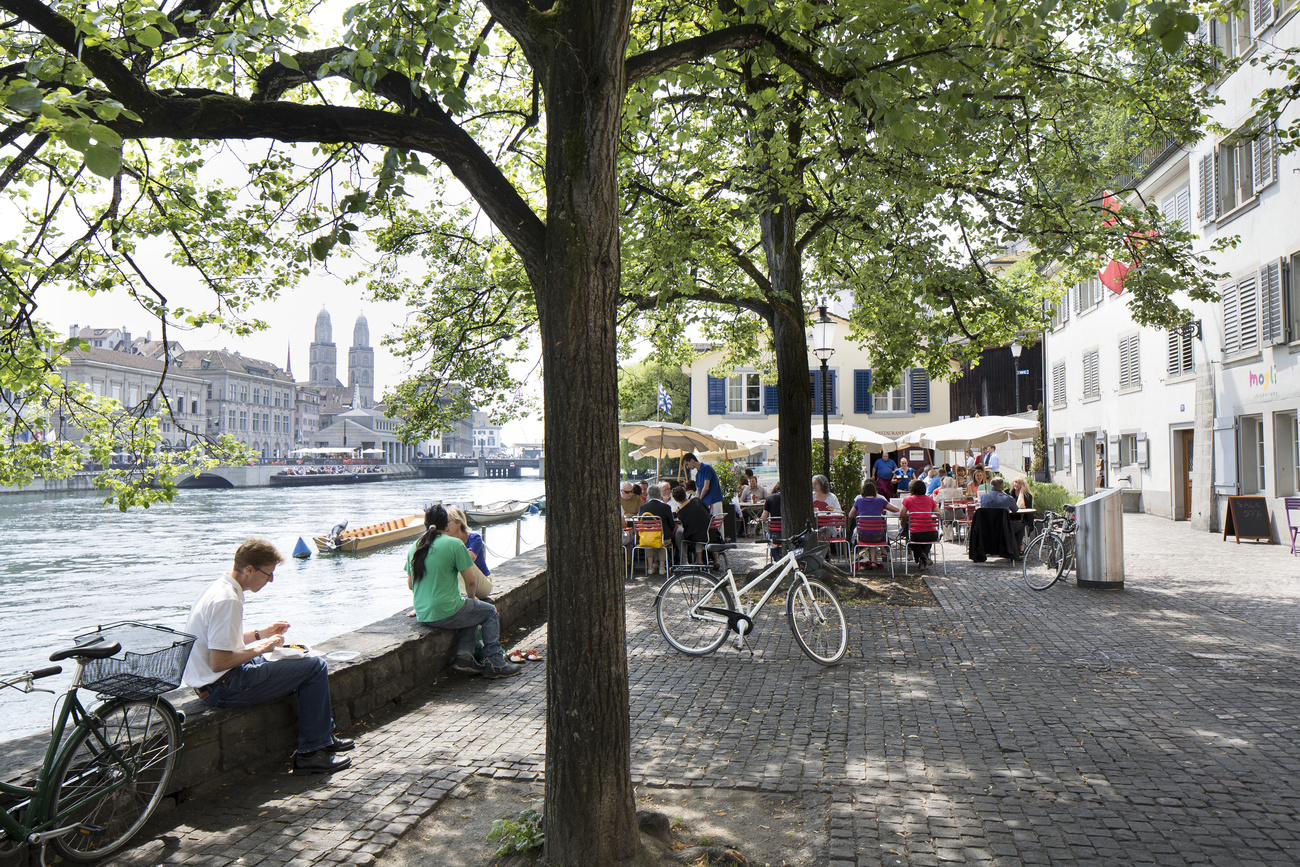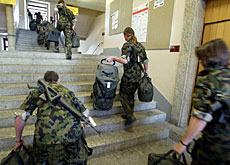Organisation will be key to Euro 2008 success

Germany's World Cup cities have warned their Swiss counterparts that hosting the European football championships in 2008 offers no guarantee of success.
A meeting in Zurich between Swiss and German tourism representatives as well as sports officials highlighted the obstacles to be overcome if the four Swiss cities are to join the winners in 2008.
The 2006 World Cup will go down as one of the most memorable sporting events in modern history even if the play on the pitch was anything but remarkable.
Besides sunny, warm weather for the month-long event and the German national team’s surprising run to the semi-finals, it was the excellent preparations that guaranteed an infectious party mood for fans who travelled to Germany and television viewers alike.
Klaus Lindemann, head of Stuttgart Marketing and Tourism, said the German cities made good use of the four years leading up the World Cup to decide on ways to handle the tens of thousands of fans who showed up for the matches without tickets – and often without accommodation.
The “public viewing” areas surrounding the stadiums where giant screens were set up proved immensely popular, with Lindemann claiming that the celebratory mood at them helped deflate any tensions that could have led to outbreaks of violence.
But local shops that had mistakenly expected a sales bonanza were among the biggest losers. And the organisers were accused in some cases of wasting money on poorly attended cultural sideshows and quickly forgotten slogans.
Additional revenues
The latest study estimates that Euro 2008, to be co-hosted by Switzerland and Austria, will generate up to SFr545 million ($435 million) in additional revenue for the Swiss, with nearly two-thirds of it going to the country’s tourist industry.
However, Martin Kallen, the chief operating officer of Euro 2008, said Swiss cities, particularly Bern and Basel, had to compensate for a lack of hotel beds. He said this could lead to a “crowding out” effect, with fans opting for accommodation just across the border in France or Germany.
Jörg Krebs of the Swiss national tourist office warned that the country’s image as an expensive destination would be a handicap.
He called on suppliers and the service industry to “add value” to their products instead of trying to take advantage of the situation by hiking prices.
Bed and breakfast
The message has hit home with Basel’s tourist director Daniel Egloff, who told swissinfo that the city bordering both Germany and France would launch a “bed and breakfast” project to convince locals to open their homes to visiting fans.
Police, local shop owners and people working in tourism will also be invited to attend workshops to learn from Germany’s experience to make visitors feel more welcome. This could mean for example improving their English or simply having a map at the ready.
“Instead of spending millions on marketing, the money will be better spent on organising an excellent event, and convincing visitors to spread the word about Basel when they return home,” Egloff said.
Zurich is taking a more high-profile approach, hoping that it can use Euro 2008 as a vehicle to broaden the city’s appeal and become better known for its shopping and nightlife and as a centre for research.
“We’re not that well positioned. The city is still known mainly as a financial centre,” said Frank Bumann, Zurich’s tourist director. “We saw how Frankfurt – also a banking city – presented itself as a younger, more lively and dynamic city than people think it is.
Bumann reckons the biggest challenge is to motivate the local population, industry and small and medium sized companies.
“They must come together to develop ideas,” he warned. “We can’t wait until the authorities open up the public purse strings.”
swissinfo, Dale Bechtel in Zurich
The European football championships will take place in Switzerland and Austria from June 7-29, 2008.
The championships are one of the world’s most popular sporting events.
Nearly five billion people worldwide watched the matches of Euro 2004 in Portugal – nearly a quarter of all viewers were in Asia.
SFr182 million of Swiss public funds has been earmarked so far for Euro 2008.
The largest single amount – SFr64.4 million – will be spent on security.
SFr18 million is going to upgrade stadium infrastructure in the four host cities – Basel, Zurich, Bern and Geneva.
A further SFr24.7 million will be used for marketing.

In compliance with the JTI standards
More: SWI swissinfo.ch certified by the Journalism Trust Initiative












You can find an overview of ongoing debates with our journalists here . Please join us!
If you want to start a conversation about a topic raised in this article or want to report factual errors, email us at english@swissinfo.ch.